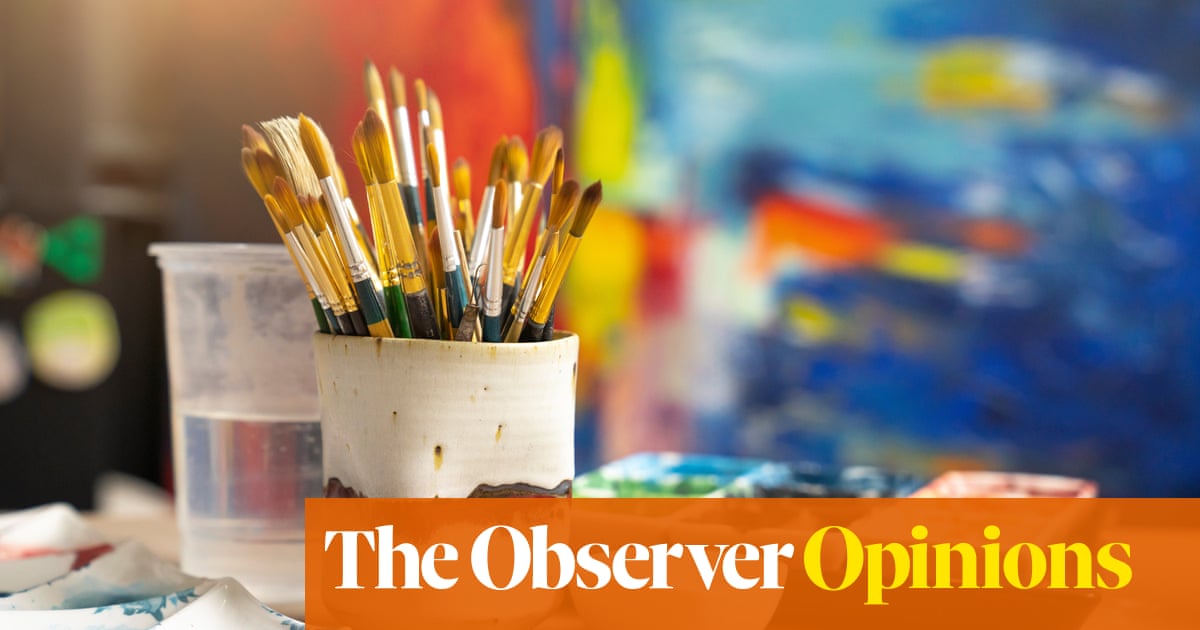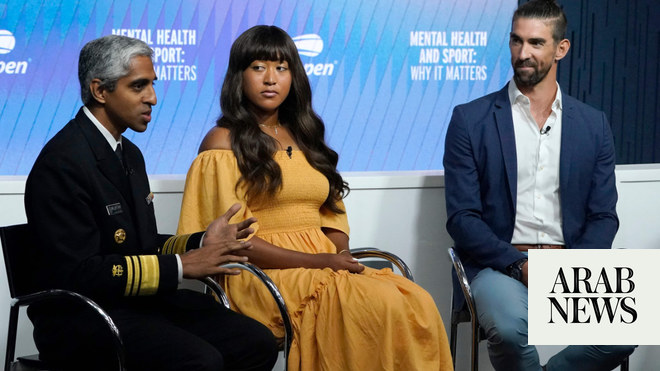
adia hasn’t slept. The mother of five spent last night trying to soothe her seven-year-old son, Matin, who is autistic, while heavy rain fell on the family’s tent. He was crying and asking for the noise to stop. “I tried to explain to him that the rain is not in our control,” she says, “but in these moments, you can’t reach him any more.”
The family, originally from Parwan province in Afghanistan, are living in the new refugee camp on the Greek island of Lesbos that was built in three days, after the fire that razed to the ground parts of the infamous Moria camp.
Nadia, 38, washes Matin, who has recently recovered from scabies, using water from a plastic bottle. She says she has seen a steady deterioration in his behaviour and sleeping. “We can’t sleep any more,” she says. “I need Matin to get into a warm place. This is my only wish.”
A report released last week by the International Rescue Committee (IRC), which includes testimonies from 904 participants of IRC health programmes from camps on the islands of Lesbos, Chios and Samos, showed that after the first lockdown in March there was a 71% increase in the number of people experiencing psychotic symptoms, and a 66% increase in self-harm.
Anna Schlegel, who started Medical Volunteers International’s programme working with children on Lesbos, says emotional instability is common among the children they treat. “They will get either very aggressive or sad from one minute to the next. Among our 32 child patients, issues also include bedwetting, stuttering and sleepwalking.”
“Children [have] also started using self-harm to get rid of tension and the overwhelming emotions they face through the retraumatisation,” says Schlegel, adding that the Moria fire on 8 September still weighed heavily on some children. “One boy we have in our group was always focused on fire. If he’d see a building, he would focus on it and ask how it would look if it was burning down.”
“We have not seen a mental health care emergency like this one, even in Moria,” says Thanasis Chirvatidis, a child psychologist with Médecins Sans Frontières on Lesbos who said the parents needed to be stabilised psychologically first.
“If a child sees his parents giving up or being afraid, the ‘scaffolding’ breaks away from them too,” says Chirvatidis, adding that children do not have the same mechanisms as adults to express their fears. “Most of it surfaces during sleep.”
In 2020 MSF has treated 49 children on Lesbos with thoughts of suicide or for suicide attempts.
The current demand for MSF’s services is more than the organisation can meet and there is a lengthy waiting list for the paediatric clinic and the clinic for victims of torture and sexual violence.
Rainfall has left parts of the camp waterlogged and tents have been flooded on more than one occasion. Human rights organisations have raised concerns about substandard living conditions for inhabitants of the camp, dubbed “Moria 2.0” by many on the ground. Thirty-six hot water showers have just been installed but many of the 7,300 residents still shower using buckets or water bottles.
Lockdown restrictions mean that residents are only allowed to leave once a week to visit the supermarket, a lawyer or the pharmacy. Exits are monitored and fines given out for residents not wearing masks. “Many children are also afraid of the police,” says Chirvatidis, “they are not perceived as protectors but mainly as punishers.”
Petra Molnar, from the Migration and Technology Monitor, says security measures are having an impact on people’s mental health. “We are seeing the rise of surveillance technologies like drones patrolling the skies, and the increased use of closed and controlled facilities like the new camp on Lesbos,” she says. “This type of omnipresent surveillance and toxic ongoing stress has long-term mental health repercussions, especially for children.”
Lesbos is not the only Aegean island dealing with a growing mental health crisis. Samos has just over 3,600 people living on an area of land designed for 648. The island was rocked by an earthquake in October, as well as by recent fires in the camp, where some residents have lost all their documents or belongings.
“Each time something like this happens, it just kind of pushes them over the edge,” says Lindsay Solera-Deuchar, an MSF psychiatrist who has worked on Samos for nearly two months. In November, 60% of new arrivals at their clinic expressed suicidal thoughts, she says. “It really feels like sometimes we’re fighting a losing battle.”
Guilia Cicoli, from the Mazi youth centre on Samos, said she had heard some students express suicidal thoughts such as, “I don’t want to live any more”, and “I don’t know when this will end.”
Children make up around a quarter of the population of the camp on Samos, which is perched on a hill, overlooking the town of Vathy. Most people sleep outside the camp boundaries, where rats, scabies and bed bugs are a part of daily life. “[People] lucky enough to be housed in a container often don’t have hot water, the floor is destroyed, windows or doors are missing and the containers overcrowded,” says Cicoli.
During a visit to Lesbos last week the Greek migration minister Notis Mitarakis said the new temporary camp was “in a very good state of security and order”, and “did not compare to Moria”.
While EU member states debate the resettlement of refugees from the Aegean islands, more than 14,500 people are facing another winter in island refugee camps.
Nadia will continue to leave the camp once a week to take her son to his medical appointments, packing a colouring book to keep him busy and wearing three jackets to stay warm.
Sign up for the Global Dispatch newsletter – a fortnightly roundup of our top stories, recommended reads, and thoughts from our team on key development and human rights issues:












